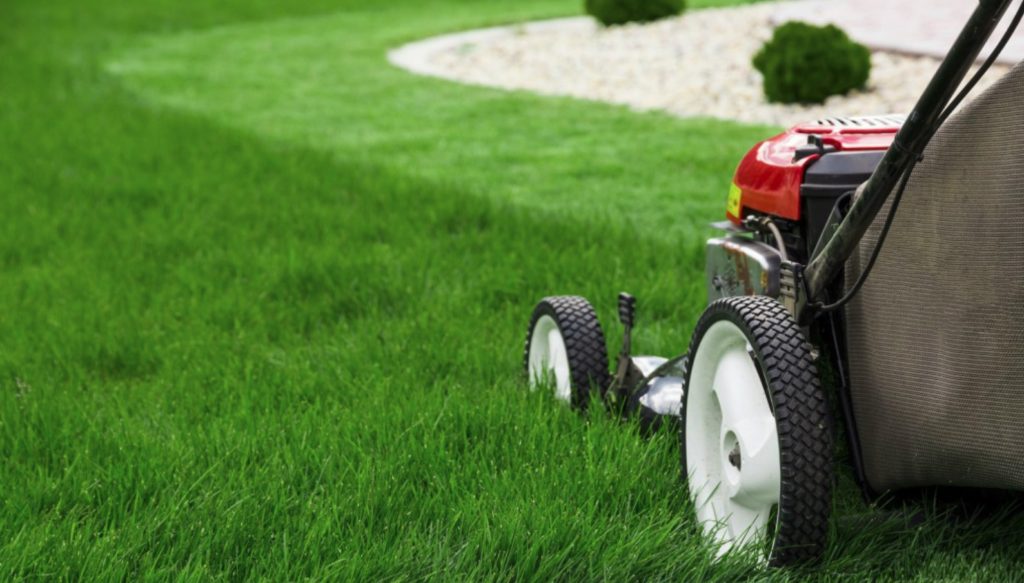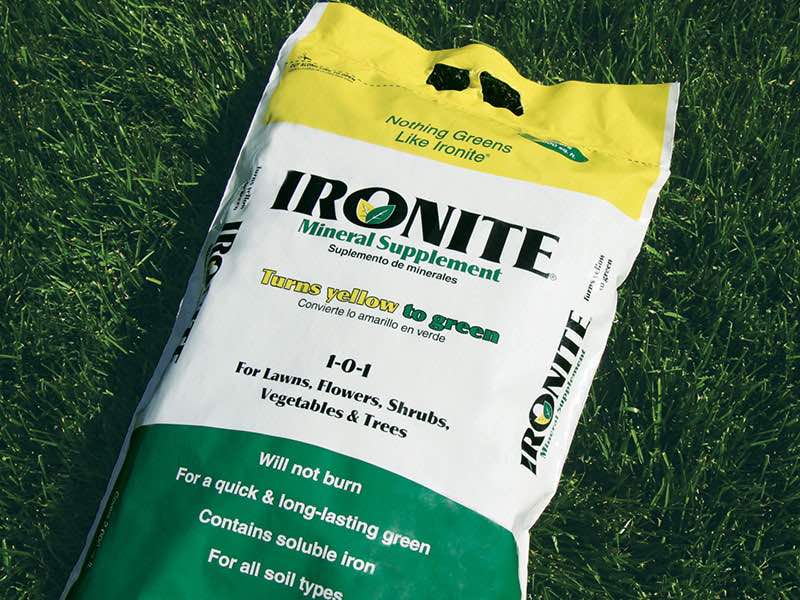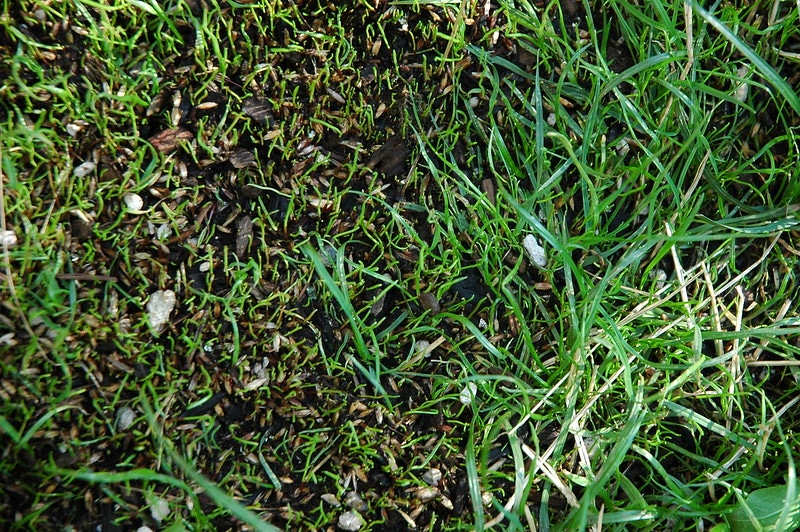If you’re a proud homeowner who wants to maintain a lush and green lawn, you may be looking for a good quality fertilizer to help your grass grow. Milorganite and Ironite are two popular fertilizers that can help you achieve that goal.
In this article, we’ll compare Milorganite vs Ironite to help you determine which one is better for your lawn.
Both Milorganite and Ironite are commonly used by homeowners and greenkeepers to improve the condition of their grass.
However, it can be confusing to know which one is best for your specific needs. That’s where we come in.
We’ll look at the differences and similarities of these two fertilizers to help you make an informed decision and achieve the green lawn you’ve been dreaming of.
Why do I need to fertilize my lawn?
If you want a green and healthy lawn, you need to provide it with the right nutrients. Grass needs water, sunlight, and nutrients to grow strong and healthy. Fertilizers like Milorganite and Ironite can help supplement the nutrients in your soil to promote healthy grass growth.
Here are some reasons why you need to fertilize your lawn:
- Nutrient Deficiency: If your lawn is not receiving enough nutrients from the soil, it can become weak and susceptible to disease and pests. Fertilizers can supplement the soil with the necessary nutrients to promote healthy grass growth.
- Root Development: Fertilizers can help promote healthy root development, which is essential for strong and healthy grass growth. Strong roots help the grass to absorb nutrients and water from the soil, making it more resistant to drought and other stresses.
- Rapid Growth: Fertilizers can promote rapid grass growth, which can help fill in bare spots and create a dense and lush lawn.
- Soil Quality: Fertilizers can improve the overall quality of your soil by adding organic matter and other essential nutrients. This can help improve soil structure, drainage, and water retention.
- Green Lawn: Fertilizers can help promote a deep green color in your lawn, making it look healthy and vibrant.
It is important to note that different types of grass require different types of fertilizers. Warm-season grasses like Bermuda and Zoysia require different nutrients than cool-season grasses like Fescue and Kentucky Bluegrass. It is also important to test your soil before applying any lawn care products to ensure that you are providing your lawn with the right nutrients.
Milorganite vs Ironite: Differences
When it comes to choosing a fertilizer for your lawn, it’s essential to consider the differences between Milorganite and Ironite. Both fertilizers contain iron, but there are some fundamental differences between them that you should know before making a decision.
Uses and Ingredients
Milorganite is an organic lawn fertilizer that is made from wastewater. It contains iron, which helps to green up the leaves of grass. Milorganite is a slow-release fertilizer that penetrates the soil to strengthen roots over time.
It contains microbes that are placed in the soil, and water-insoluble nitrogen releases the nutrients over time. Milorganite is safe to use and won’t harm the environment.
Ironite, on the other hand, is an iron supplement that is often used if a lawn grass suffers from an iron deficiency. It contains 20% iron and 1-0-1 NPK.
Ironite is a quick-release mineral that makes grass greener. It’s great to use if your lawn is deficient in iron, and you’ll see results in just a few days. Although Ironite does contain other nutrients, it’s mainly used for yards that have turned yellow due to iron deficiency. The product will help to re-green your lawn.
Both Milorganite and Ironite contain chemical agents, including heavy metals such as lead and arsenic. Ironite contains harsh chemicals and should only be used after doing a soil test. It would help if you also were careful to use Ironite in the correct doses as it can cause harm to your garden. Ironite can also stain concrete, wood, and paving slabs, so keep it away from paths and patios.
Long-term Results
Milorganite has a slow-release method to fertilize and strengthen the roots of your grass over a few months. After application, you’ll need to wait a few weeks to see the difference it’s made to your lawn. The wait will be worth it as it helps to create thick, green grass that looks healthy. Milorganite is enriched with iron and other nutrients and is slowly absorbed, meaning that it helps keep your lawn healthy over the long term.
Ironite is a fast-acting formula that quickly adds iron to your lawn. It’s great to use if your lawn is deficient in iron, and you’ll see results in just a few days. Although Ironite does contain other nutrients, it’s mainly used for yards that have turned yellow due to iron deficiency. The product will help to re-green your lawn.
For best results, Milorganite and Ironite both need to be used up to four times a year. Milorganite is supplied in a granular form and can be sprinkled on the lawn and watered in or mixed into compost when overseeding. Ironite, on the other hand, is available in a range of formula; it comes as either a liquid spray or as granules.
In terms of safety, Milorganite is safer to use since it’s organic. It doesn’t contain harmful metals like lead and arsenic that are present in Ironite. Extra care should be taken when applying Ironite to your plants.
Conclusion: Ironite vs Milorganite
In conclusion, both Ironite and Milorganite have their own unique benefits and uses. Ironite is a quick-release mineral that contains a high level of iron, making it ideal for lawns with iron deficiencies. On the other hand, Milorganite is an organic slow-release fertilizer that helps lawns grow faster and thicker.
When using either product, it is important to follow the instructions carefully to avoid damaging your lawn and to ensure visible results. Additionally, it is important to keep children and pets out of the garden during application and to store fertilizers safely out of their reach.
If you are looking for a sustainable solution, Milorganite is a great option as it is an organic fertilizer. Both products are safe to use and pet-friendly as long as the instructions are followed. Overall, choosing between Ironite and Milorganite depends on your specific lawn needs and preferences.

